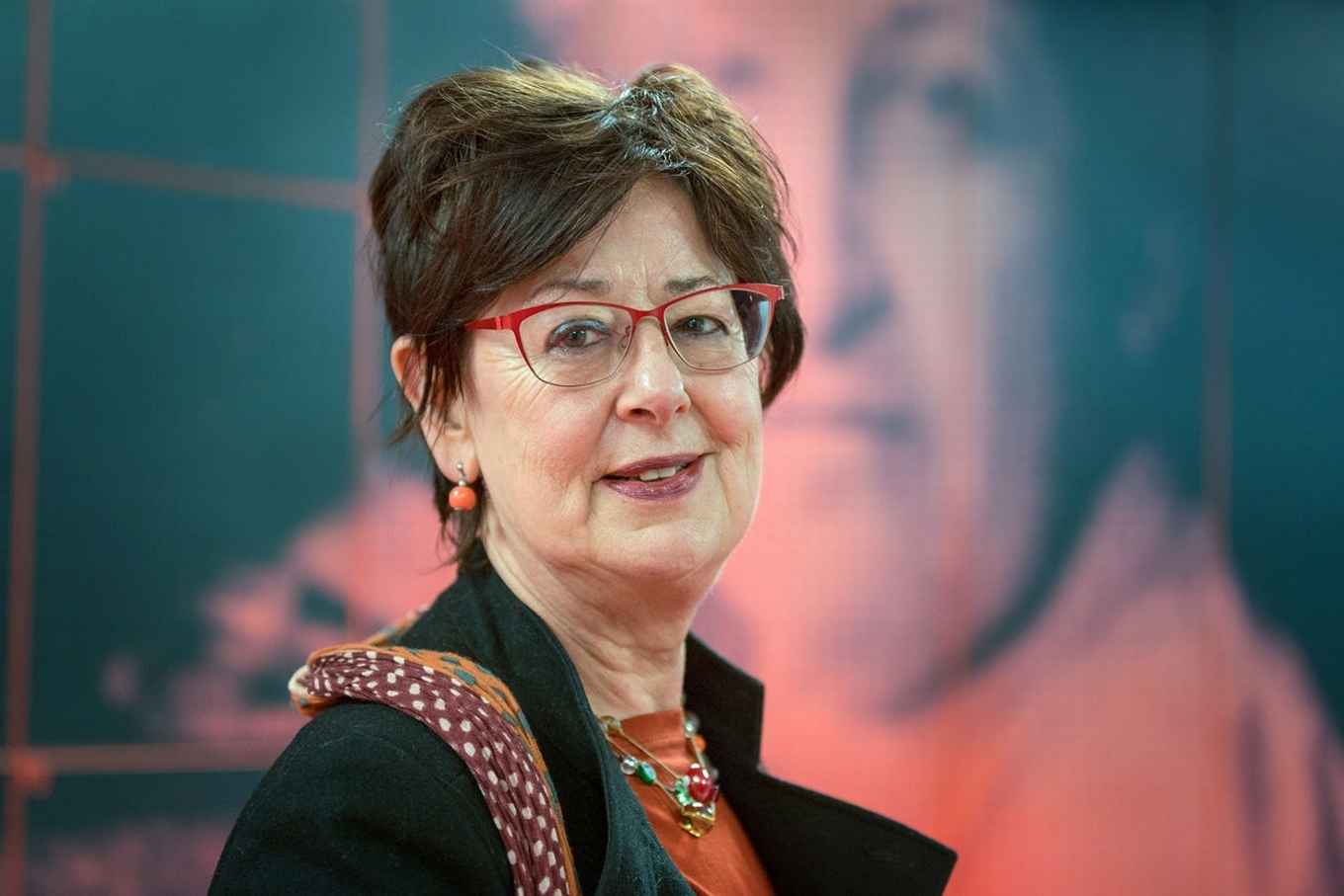Renée Römkens named professor by special appointment of Gender Based Violence
13 October 2016

According to the most recent prevalence study conducted by the Fundamental Rights Agency (FRA), 45 per cent of all women over the age of 15 in the Netherlands have experienced physical and/or sexual violence. Gender-related violence is getting more international attention too. Recognised as a human rights violation by the United Nations since 1986, just last year the Council of Europe Convention on preventing and combating violence against women and domestic violence (also known as the Istanbul Convention of 2011) entered into force in the Netherlands.
As special chair at the UvA, Renée Römkens will be focusing on gender and violence, in particular investigating the impact of policy and legislation. Her main interest is in analysing developments in the regulation of gender-related violence as a human rights violation and as a form of sexual discrimination. More broadly, Römkens will be looking at shifts in how the relationship between violence and gender – and especially between violence and differences such as power disparities between women and men, and the role that ethnic background plays – is defined in policy and legislation, as well as in the social arena.
Paradoxical development
‘The question whether – and if so, how – violence fits into gender imbalances is a subject of widespread debate. In the Netherlands, we're seeing a paradoxical development, which is that growing knowledge of the interrelationship between violence against women, gender inequality and gender stereotyping is going hand in hand with a tendency towards gender neutralisation in policy', says Römkens. 'There are inherent contradictions in the roles attributed to gender. And this raises the question of what the ramifications are for our policy goals of preventing violence and protecting victims. My research seeks insights that may aid policymakers and others in their efforts to combat violence against women.'
Atria has always been focused on scholarship. 'The knowledge institute developed its specific expertise and unique collection of source material in consultation with and for the benefit of the academic world', explains Agnes Jongerius, who chairs the foundation's Supervisory Board. 'This collaboration with the UvA is a chance for us to disseminate and expand scientific insights into the relationship between gender and violence.'
Her PhD thesis, titled 'Ordinary violence?' (Gewoon geweld?), for which Römkens received cum laude at the UvA in 1992, was the first study in Europe to research prevalence, nature, risk factors and impact of violence against women in heterosexual relationships. As both a researcher and guest lecturer, Römkens has consistently been studying violence against (and by) women. In recent years, her work has emphasised the socio-legal effects of legislation and regulations on gender and violence against women.
Römkens' new appointment is research-based, but she will also be teaching guest lectures at the faculty.
About Renée Römkens
Römkens has been the director of Atria since 2012, where she is also a researcher and board member. Before this, she worked at Tilburg University as professor of Interpersonal Violence since 2008. She has also held visiting researcher positions at Columbia University (New York), New York University, the University of Cape Town and the University of the Western Cape, amongst others.
Römkens holds various advisory posts at the European level, in and outside academia, and is a member of the European Network of Gender Experts and an expert adviser to both the Fundamental Rights Agency and the European Institute on Gender Equality. From 2009 to 2011 she was also scientific adviser to the Committee for the Council of Europe's Istanbul Convention.